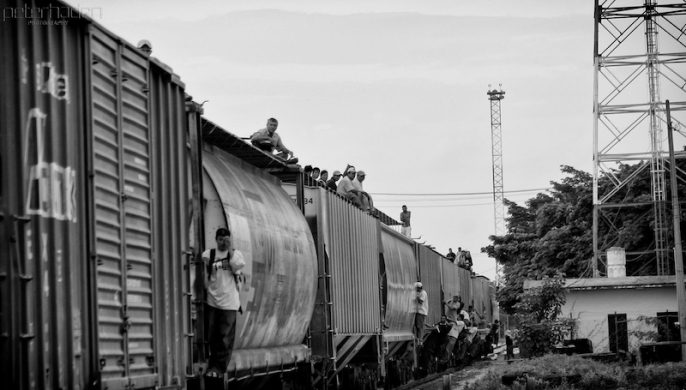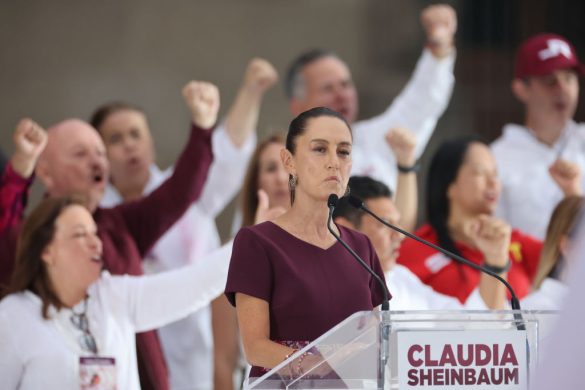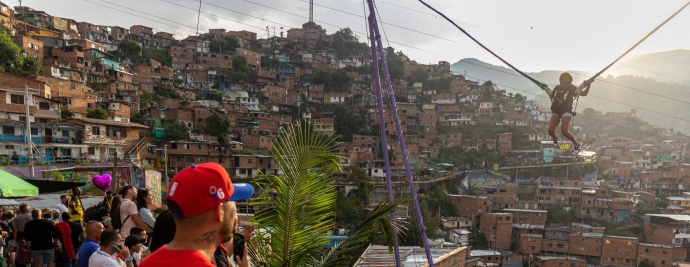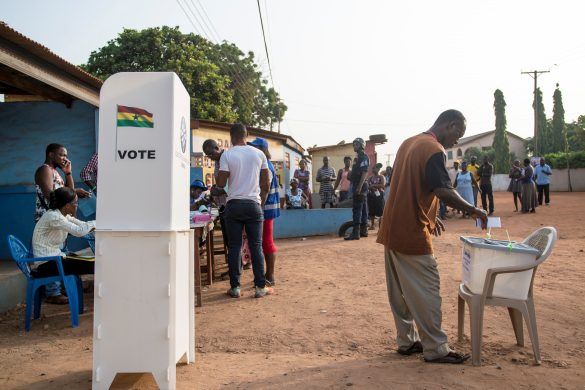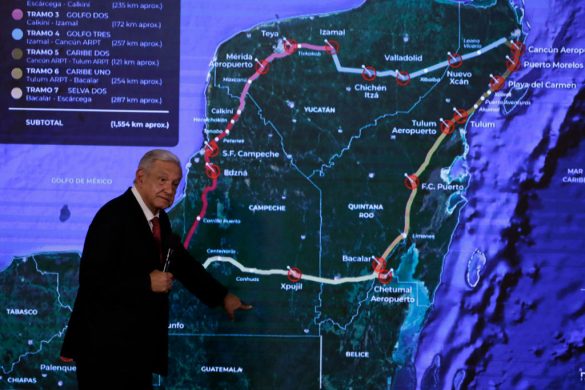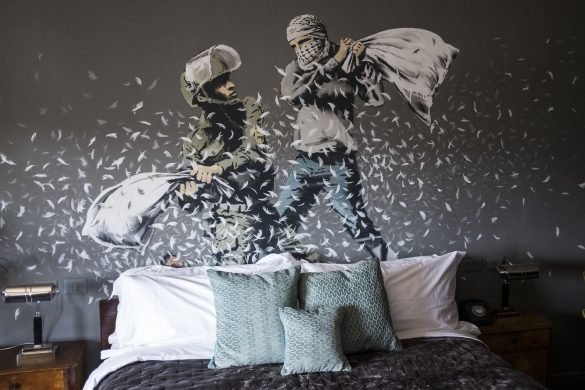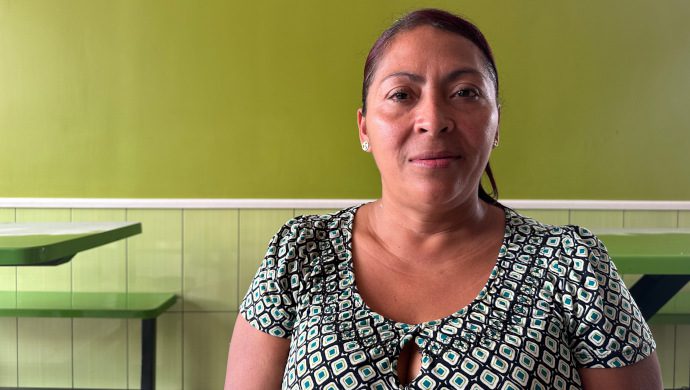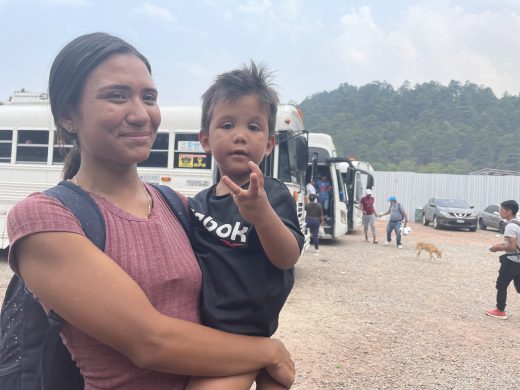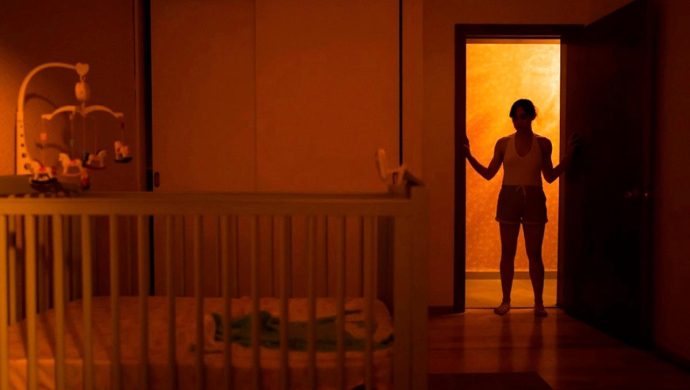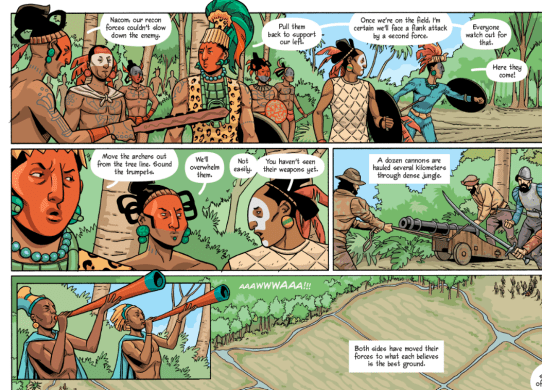Juan Orlando, a 35-year-old Honduran, sits in the hot mid-morning sun outside a hostel for migrants next to train tracks in the Mexican municipality of Huehuetoca.
With him there are dozens of other men and women, also waiting for a train they hope will lead them to a land of opportunity.
The San Juan Diego Migrant House, run by the Cuautitlán diocese, is just one of many such refuges dotted along the route of La Bestia. Migrants can find water, food, a bed for the night and perhaps a blanket and a pair of shoes for the rest of the journey.
Thrown off the train
Orlando says that he has embarked on this dangerous journey three times before. This time, he says, nothing and no one will stop him reaching his goal.
At one point near morning the train stopped and several people got on. Orlando woke up in fright again to hear a man demanding money from him. It was a member of the Zeta cartel, the drug syndicate that controls the routes migrants take to the US.
As Orlando started to get up, he felt a body fall heavily by his side.
To his terror, he saw that a wooden stake had pierced her side as she landed. Blood was streaming from her body and she lay on the ground, incapacitated.
Hundreds of migrants meet with accidents while riding the train across the country.
According to INM and the International Committee of the Red Cross in Mexico, between 2002 and 2014, at least 476 migrants suffered mutilations as a result of falling from La Bestia.
Seized by kidnappers
Seven years later, Orlando decided to attempt the journey again, this time on his own.
Orlando displays his mutilated hand as if it were a war wound.
Only in the last month did his captors come up with the idea of connecting him with his family and friends through Facebook so that they could collect the money.
For this, his third attempt, Orlando decided to take the more circuitous route to the US via Sonora, in north-western Mexico.
This time, Orlando said, he feels more confident. Now he has experience on his side.
Compassion for those in need
Further south, in Apaxco, another hostel is also hosting a group of Hondurans.
The dozen men and women have just had lunch and are resting on some benches.
Alberto left in April, escaping both poverty and the gangs that threaten his family and tried to recruit him into drug trafficking. He has already worn out two pairs of shoes walking most of the way. His goal is to reach Los Angeles, where he used to work, and he thinks he will make it there in less than a month.
The facilities are modest. In the main room there is a table with place for six people and a shelf that holds some rice and beans. Tucked behind some curtains are mattresses and blankets for those who want to spend the night.
Mario, the pastor, is full of compassion for those seeking a better life in the US. When his parishioners complained about the continual presence of migrants in the temple, he told them that if they wanted he could place a sign at the door warning migrants that they were not welcome. In that case, though, Mario himself would be the first person to leave. No-one complained again.
Andy S.A. and Ernesto G. are Cuban journalists.

